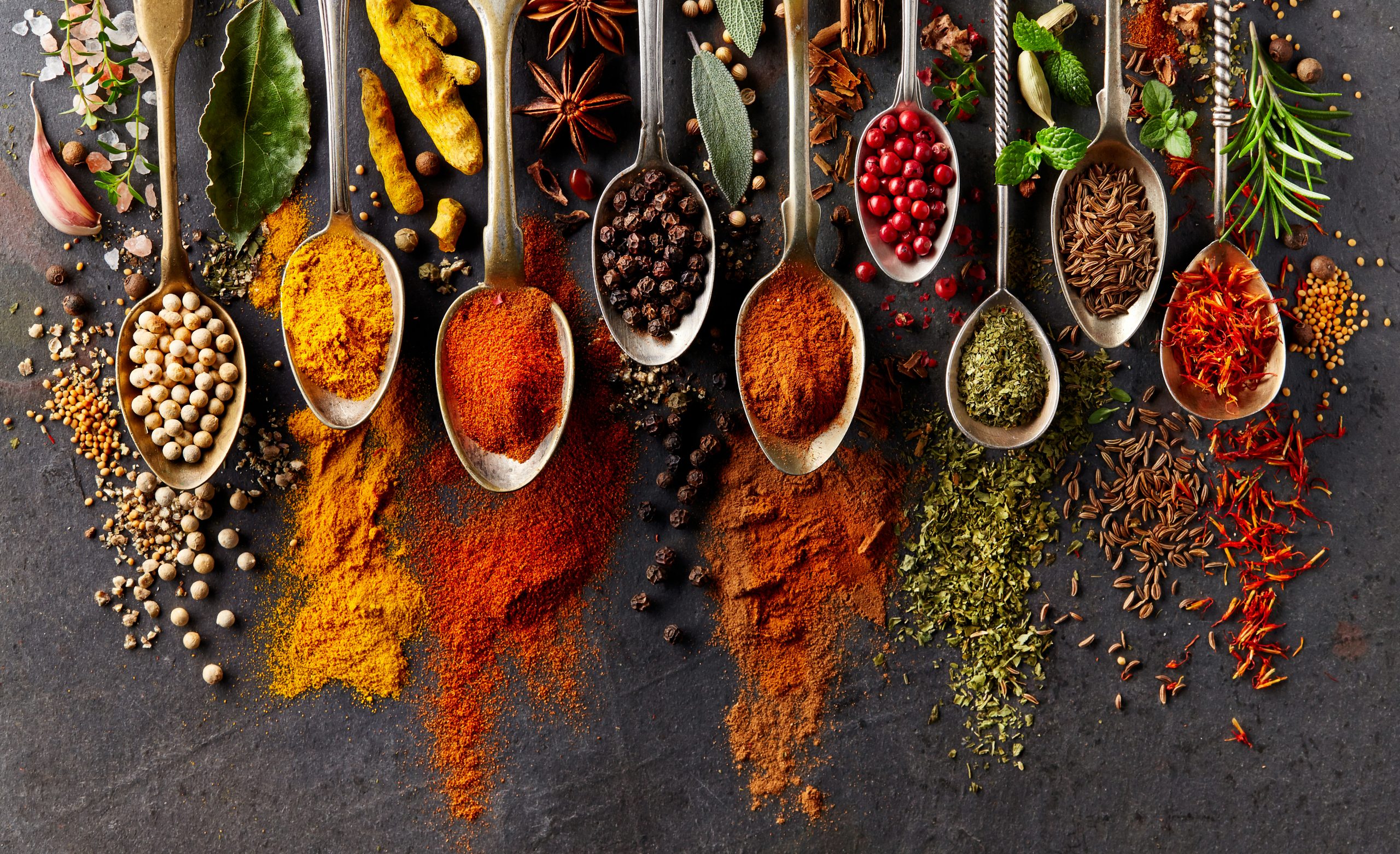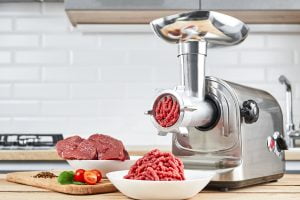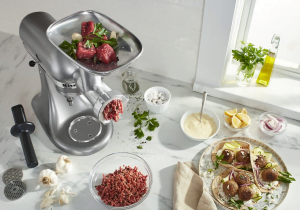
In the culinary world, herbs and spices are like magic ingredients, transforming ordinary dishes into extraordinary culinary experiences. Whether you’re a seasoned chef or an enthusiastic home cook, knowing how to care for these aromatic treasures is essential for preserving their flavor and potency. From whole spices to delicate herbs, each requires specific attention to ensure they remain fresh and vibrant. Let’s delve into the art of preserving herbs and spices, from their expected shelf life to proper storage techniques.
Understanding Shelf Life
The lifespan of herbs and spices varies depending on their form and storage conditions. While whole spices generally have a longer shelf life than ground spices, both types degrade over time, losing their aroma, flavor, and potency. Here’s a rough guide to expected shelf life:
- Whole Spices: Whole spices, such as cinnamon sticks, peppercorns, and cloves, can retain their flavor for up to four years if stored properly. However, their potency gradually diminishes over time, so it’s best to use them within the first two to three years for optimal flavor.
- Ground Spices: Ground spices have a shorter shelf life due to their increased surface area, which exposes them to air and moisture, leading to quicker degradation. Ground spices typically remain flavorful for about 1 to 3 years, with some exceptions like ground cinnamon, which can last up to four years if stored correctly.
- Herbs: Fresh herbs like basil, cilantro, and parsley have a relatively short shelf life compared to dried herbs. When stored properly in the refrigerator, fresh herbs can last for about one to two weeks. Dried herbs, on the other hand, maintain their flavor for about one to three years if stored correctly.
Proper Storage Procedures
Preserving the freshness of herbs and spices involves protecting them from light, heat, air, and moisture—the four elements that accelerate flavor loss and deterioration. Follow these storage guidelines to keep your herbs and spices flavorful for longer:
- Store in Airtight Containers: Transfer herbs and spices to airtight containers, such as glass jars with tight-fitting lids or resealable bags, to shield them from air and moisture. Make sure the containers are clean, dry, and odor-free before use.
- Keep Away from Light and Heat: Store herbs and spices in a cool, dark place away from direct sunlight, heat sources, and moisture. Avoid placing them near the stove, oven, or dishwasher, as exposure to heat can cause flavor degradation.
- Label and Date Containers: Properly label each container with the name of the herb or spice and the date of purchase or packaging. This ensures you can easily identify and track their freshness over time, helping you prioritize their use accordingly.
- Freezing Herbs and Spices: Freezing is an excellent preservation method for both fresh herbs and whole spices. For fresh herbs, chop them finely, place them in ice cube trays, cover with water or oil, and freeze. For whole spices, seal them in airtight bags or containers and freeze. Frozen herbs and spices can retain their flavor for several months.
- Grind Spices as Needed: To prolong the freshness of ground spices, consider grinding them in small batches as needed using a spice grinder or mortar and pestle. This minimizes exposure to air and helps preserve their potency.
By following these storage procedures, you can extend the shelf life of your herbs and spices and ensure they remain flavorful and aromatic for your culinary creations. Remember to periodically check the freshness of your herbs and spices and discard any that have lost their potency or developed off-flavors. With proper care, your herbs and spices will continue to elevate your dishes with their delightful flavors and aromas for years to come.


